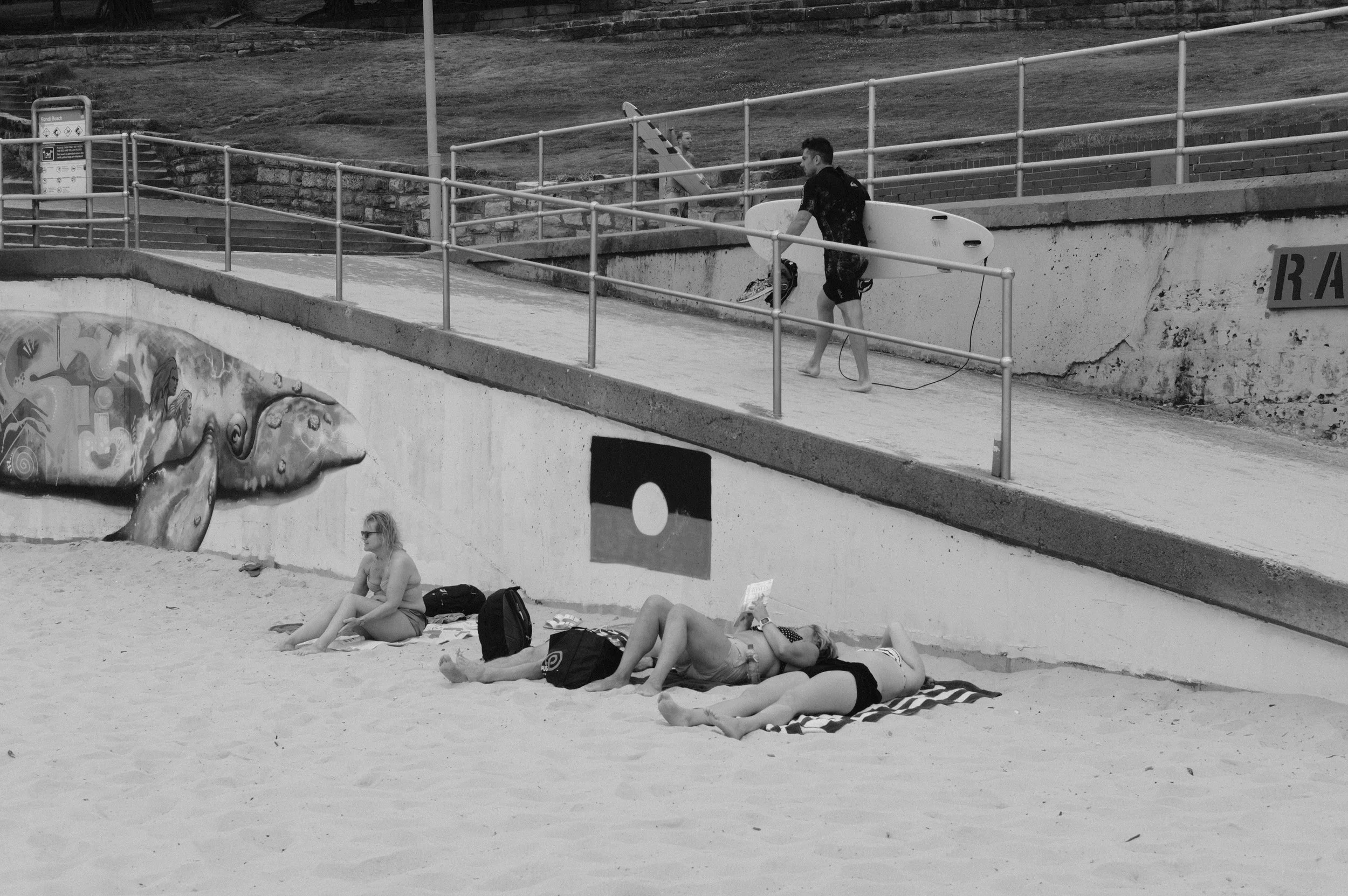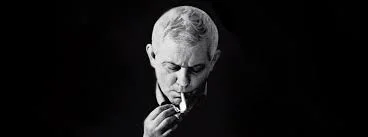We're still strolling through the world of books here at Sacred Trespasses, but our journeys will take us farther afield and with more sporadic updates.
A Show of Hands: A One-Act Play by Michael Martin
Michael Martin, poet and editor, is proving himself an exciting new playwright.
Last year, we shared the first in a cycle of plays, FLOR-ALA. Now we bring to you A Show of Hands, a surprising, funny and provoking work about complacency and threat.
New Work: Paintings by Angie de Latour
Read, Memory, Ecstasy, Read
For what, the narrator of Leonard Michaels's Sylvia asks, has all of his time reading literature prepared him? He describes himself as “an overspecialised man, twenty-seven years old, who smoked cigarettes and could give no better account of himself than to say ‘I love to read.’”
“But why do I read?” asks the Polish poet and essayist Adam Zagajewski in A Defense of Ardor. “Do I really need to answer this question?”
A Novel that Taught Us About the Future, If Only We'd Listened
Several years ago, in the middle of a snow-covered Paris winter, I went to the American Library and checked out my first Charles McCarry novel that didn’t feature CIA agent Paul Christopher. During that first read of Lucky Bastard (1998), I thought McCarry had betrayed me. It was outlandish, too absurd to buy into, this novel about a charming politician with no experience who's indebted to Russia and, as McCarry's publisher describes it, is plagued by "a zipper problem."
Years later—in late 2016, to be precise—certain stories in the news started to sound like they had been pulled directly from this novel. After McCarry's novels predicted the 9/11 attacks decades earlier, I shouldn't have doubted his prescience.
The Wit and Wisdom of Alberto Manguel
Reading Mardi Gras: A Year Carnival Skipped New Orleans
Reading Around the World: Sudan
Then there’s that great pleasure of browsing the shelves with no objective. Before long, a title, a name—something foreign and unknown—calls out. Several years ago, for me, the title was Season of Migration to the North. In that moment, I knew I had something. Indeed, I knew I had it, a mysterious and poetic title, as well as the name of the kind of writer I spend much of my browsing time searching for: someone from a region I know little about—in the case of Tayeb Salih (1929-2009), author of Season of Migration to the North, northern Sudan.
Coffee Break Review: Idaho by Emily Ruskovich
Rest: Dirty Word or Essential Activity?
Rest by Alex Soojung-Kim is full of examples from the arts and sciences that show a clear connection between time spent away from work and the quality of work ultimately completed. Pang quotes artist after (prolific) artist who works hard and consciously but who also naps, maintains a time-consuming hobby and takes significant breaks while remaining at the top of his or her field.
But rest is a foreign concept to me. Can Rest help me and others who get caught up in doing too much?
Sometimes You Want Your Heart Broken
Richard Yates keeps trying to break my heart. It happens every time I turn the page of one of his books. The truth is that I want him, maybe even need him, to do it. Break my heart. Knock me out of my chair. With Yates, you don’t need to ask. His work fulfills Kafka’s requirement that “we ought to read only the kind of books that wound and stab us.”
Coffee Break Review: Smith's Dream by C. K. Stead
Can Science Fiction Help Us Understand How to Live in a New Present?
It may seem obvious to state that all science fiction at heart engages with the question of what it means to be human. Even so, it seems worth saying again. Beyond all the gadgets and the new means of interaction and the cyborgs and chimeras and the cool toys, the bald question remains: Who are we? (In other words: what is a human?) Not regardless of our setting but through it and our interactions with what we’ve created.
One of the things that science fiction can do because of its central focus is make us extremely, necessarily uncomfortable. Which is how I often felt—alongside being excited, impressed and fearful—as I read Alexander Weinstein’s recent story collection, Children of the New World, in which he offers thirteen possible outcomes of our increasing dependence on technology and our inability to stop destroying the natural world in order to fuel our obsession with energy and technology production.
Against Silence: Introducing a New Series
Winner of the John Leonard Prize: Homegoing
Encounter: Alexander Pushkin, writer, legend, dueler, enigma
In Praise of Shirley Hazzard
Never Again: Lessons and Entertainment from Novels of the Interwar Years
56 Books to Read in 2017
We’ve already flashed our stacks and dropped our reading resolutions for 2017, but as all readers know, a great new title (or two or three) can transform us into fickle, flighty lovers. To try to help us from being blindsided (and to aid our enjoyment—studies show that knowing ahead of time about a treat enriches the experience), here are some of the titles (55!) due for release in the first seven months of the year (plus one bonus August title from a favorite writer) that we can’t wait to get our hands on.
Encounter: Reuniting with a Polish Poet in Sydney's Second-hand Stacks
It’s inevitable. Every time I walk into a bookstore, I find myself longing to buy stacks of books—and I don’t mean stacks of just any books. My great desire has always been to leave the store with copies of books that I already own. I want reading copies. I want pristine copies. I want editions with different introductions, American editions, English editions, French editions. Then I want a few more copies just in case, the kind to give away when the right reader comes along.
Kevin Rabalais revisits Zbigniew Herbert.





















